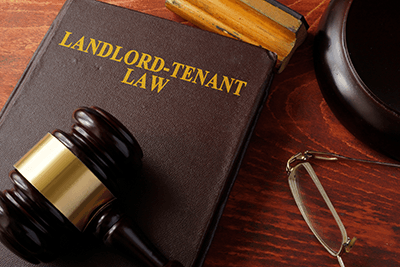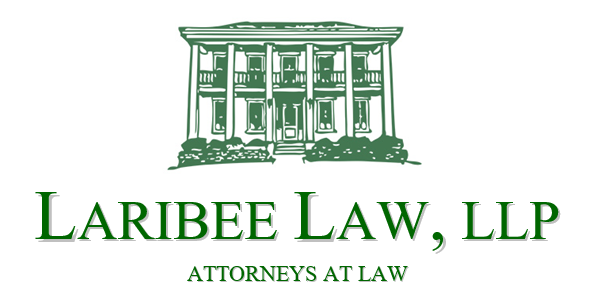Residential Rental Properties: The Duties of a Landlord
Michael L. Laribee, Esq.

Driving around town, it is readily apparent that more and more seniors are renting their homes. Property owners are marketing brand new apartments to those 55 years of age and older. It is important for tenants to know their rights.
In the State of Ohio, Landlords must follow a statute commonly known as the Landlord-Tenant Act. The Act generally governs rental agreements and leases of residential premises in Ohio and was created for the purpose of providing tenants with greater rights.
Any landlord who is a party to a rental agreement in Ohio shall do all of the following:
(1) Comply with the requirements of all applicable building, housing, health, and safety codes that materially affect health and safety. Landlords are presumed to know these codes. If code regulations change after the construction of the rental property, courts will generally look to see whether the property is a nuisance or is a risk to the tenant.
(2) Make all repairs and do whatever is reasonably necessary to keep the rental property in a fit and habitable condition. Provided that a landlord is aware of a defect in the rental property, courts have held that they are liable for injuries sustained as a direct result of the defect.
(3) Keep all common areas of the rental property in a safe and sanitary condition. Common areas include those portions used by several tenants to access their respective units including stairs, hallways, driveways, porches, and entrances.
(4) Maintain in good and safe working order and condition all electrical, plumbing, sanitary, heating, ventilating, and air conditioning fixtures and appliances supplied or required to be supplied by the landlord. The statute does not require the landlord to supply major household appliances like a refrigerator or stove. However, if landlord does supply these household appliances, then he must maintain them.
(5) When the landlord is a party to any rental agreements that cover four or more dwelling units in the same structure, he must provide and maintain appropriate receptacles for the removal of ashes, garbage, rubbish, and other waste and arrange for their removal.
(6) Supply running water, reasonable amounts of hot water, and reasonable heat at all times. This does not mean, however, that the landlord must pay for the water, natural gas, or electric consumed by the tenant. Many lease agreements legally require the tenant to pay for their own utilities. As long as the lease agreement is clear, courts will uphold a contractual agreement whereby the tenant pays their own utilities.
(7) Not abuse the right to enter into the rental property to inspect and make ordinary and necessary repairs. Except in the case of emergency, the landlord may enter the rental property only at reasonable times and must give the tenant reasonable notice. Twenty-four hours is presumed to be a reasonable notice. If a landlord engages in unreasonable or unlawful entries to the rental property, the tenant may terminate the rental agreement or recover actual damages resulting from the entry, obtain injunctive relief from a court to prevent the recurrence of the landlord’s conduct, and obtain a judgment for reasonable attorney's fees.
(8) Evict tenants if the landlord has reasonable cause to believe that the tenant, any person in the tenant's household, or any person in the rental property has engaged in criminal drug activity. This includes the use, sale, or possession of illegal drugs. The landlord is required to proceed with an eviction regardless of whether the tenant or other person has been charged with, has pleaded guilty to, or has been convicted of the drug offense.
The Landlord-Tenant Act in Ohio sets forth the bare minimum requirements for landlords. Of course, a lease agreement may set forth additional contractual duties and obligations provided they are not contrary to Ohio law.
If you have questions for a real estate attorney regarding your lease agreement, contact the law firm of Laribee & Hertrick, LLP to provide guidance and assist you.

